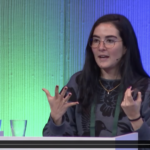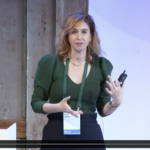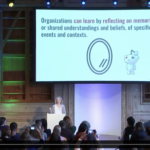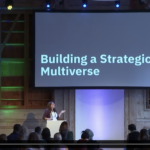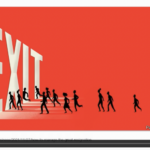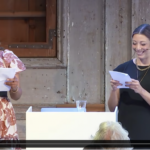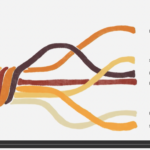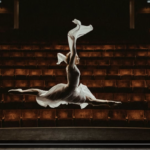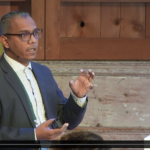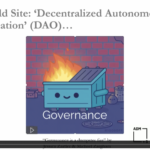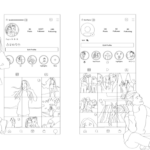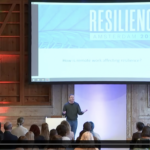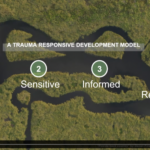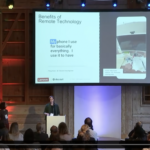
DANA C. GIERDOWSKI
Lenovo
KAREN EISENHAUER
dscout
PEGGY HE
Lenovo
[s2If is_user_logged_in()]DOWNLOAD PDF
[/s2If]
[s2If current_user_can(access_s2member_level1)]
[/s2If]
This case study examines how researchers at Lenovo and dscout partnered to conduct a mobile ethnographic study on the technology experiences of individuals who are d/Deaf and hard of hearing, with the goal of making their products and research practices more accessible and inclusive. The study revealed common frustrations and pain points people experience when using their every-day technology. The researchers also learned valuable research design and operations lessons related to recruiting participants who are d/Deaf and hard of hearing, providing accommodations, and establishing an accessible research environment. This case explores the benefits of mobile-forward research design, and the additional considerations and adaptations necessary for collecting both asynchronous and synchronous data from individuals who have hearing loss and who have different...

